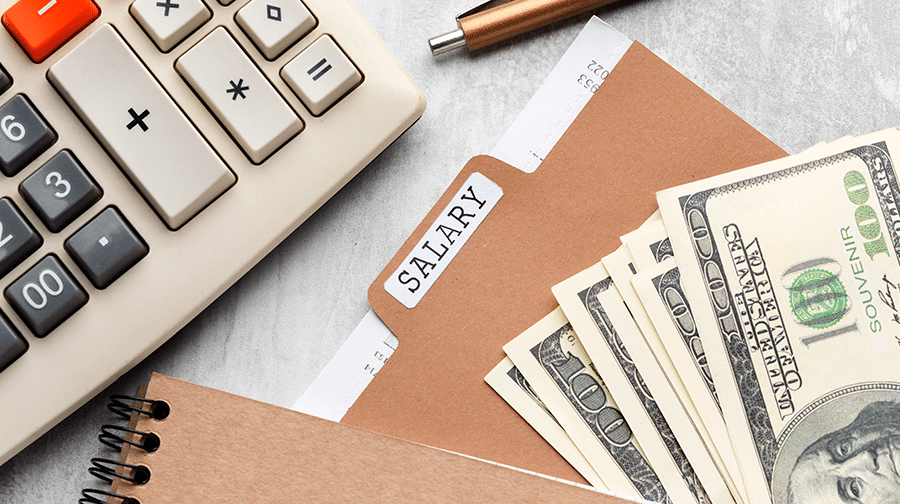Stop IRS Collections: Immediate Relief from Bank Levy and Wage Garnishment
The IRS has levied my bank account and there were not enough funds to cover the total levy. Will the IRS levy all future deposits until it is satisfied or can I continue to deposit and pay my bills? Let’s talk about Bank Levy & Wage Garnishment.
The IRS finds your bank account because your bank sent them a notice of interest earned, you paid a check to the IRS, or you provided the information in a conversation or form.
Levy Only Attaches to Funds Available at That Moment
Any future deposits that you make are not subject to the levy once it has been processed. For example, if you have $200 in your account at the time of levy, your bank will deduct that. If you make a $1,000 deposit the next day, that money is yours and is not subject to the levy – you keep it. The levy was extinguished when the $200 was deducted.
An IRS bank levy is not continuous on your account
After the levy is processed, you can continue to use the account and pay your bills. The IRS would have to send a brand new levy to get money out of your account again. This is certainly possible, but my experience is that another bank levy is unlikely to happen in rapid-fire succession, but caution should be exercised. Your account is clearly active in the IRS collection queue.
An IRS bank levy requires your bank to hold the levied funds for 21 days before sending it to the IRS
If you have been hit with a bank account levy, the IRS is trying to get your attention. The IRS resorts to enforcement when they cannot get account resolution voluntarily.
What to do next depends on many factors, including the age of your account, your need to recover the funds, and your ability (or inability) to repay the debt.
Wage Garnishment
How did the IRS find out where I work? Although there are other methods, usually because your employer sent them your W2 or 1099.
Unlike a bank levy, wage garnishment is continuous. It is not removed until you have a release. This requires contacting the IRS and showing that the garnishment will cause undue hardship. Sometimes it can be difficult and require financial information to get this done.
And that can be a challenge with the IRS leaving you $212 on your next paycheck.
